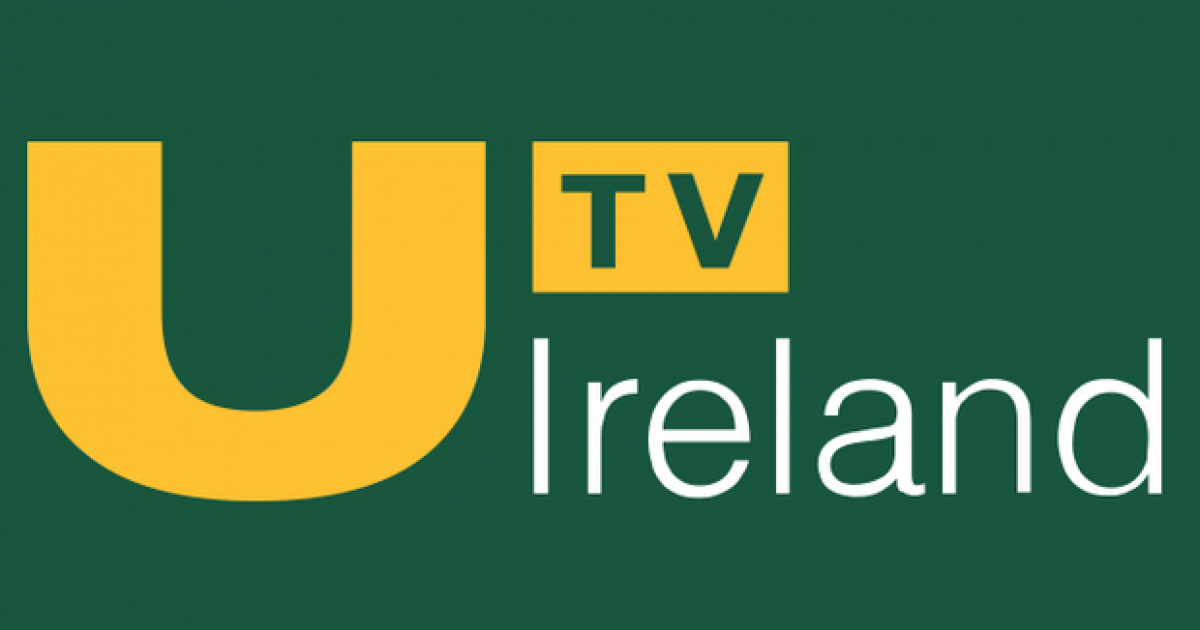In Ireland, with its extensive coastline and vibrant maritime industry, welding plays a crucial role in maintaining and constructing various structures vital for sea-based activities. From shipbuilding to offshore platforms and port infrastructure, the demands on welding in maritime applications are diverse and rigorous. This article delves into the intricacies of welding techniques tailored specifically for maritime use in Ireland, exploring best practices, challenges, and advancements in the field.
Understanding the Maritime Environment: Before delving into welding techniques, it’s essential to grasp the unique challenges posed by the maritime environment. Ireland’s coastal regions are subject to harsh weather conditions, including high winds, corrosive saltwater, and constant exposure to moisture. Additionally, structures such as ships and offshore platforms must withstand dynamic forces like waves and tides. These factors necessitate welding techniques that prioritize durability, corrosion resistance, and structural integrity.
- Shielded Metal Arc Welding (SMAW): Commonly known as stick welding, SMAW remains a cornerstone of maritime welding due to its versatility and reliability. In Ireland, where adverse weather conditions are frequent, SMAW’s ability to produce robust welds in various positions makes it indispensable for shipbuilding and offshore construction. Its simplicity also makes it accessible for welders across skill levels, crucial in a sector where workforce expertise is paramount.
- Gas Metal Arc Welding (GMAW): Also referred to as MIG/MAG welding, GMAW is prized in maritime applications for its efficiency and high deposition rates. With Ireland’s focus on efficiency and productivity, GMAW finds extensive use in constructing large-scale maritime structures like offshore wind turbines and oil rigs. Additionally, its adaptability to automation enhances its appeal, enabling precise and consistent welds even in challenging environments.
- Flux-Cored Arc Welding (FCAW): FCAW combines elements of both SMAW and GMAW, making it an attractive option for maritime welding in Ireland. Its ability to operate effectively in outdoor conditions, including windy and damp environments, aligns well with the challenges posed by Ireland’s maritime climate. FCAW’s deep penetration capabilities also ensure strong welds, crucial for structures subject to constant stress and corrosion in marine environments.
- Submerged Arc Welding (SAW): In large-scale maritime projects requiring high-quality welds with minimal defects, SAW emerges as a preferred technique. By shielding the arc beneath a layer of flux, SAW protects the weld from atmospheric contamination, crucial in environments where exposure to moisture and salt is prevalent. Although primarily suited for flat or horizontal welds, advancements in equipment have made SAW increasingly adaptable to vertical and overhead welding, expanding its utility in maritime applications.
Challenges and Solutions: Despite the effectiveness of these welding techniques, maritime welding in Ireland presents unique challenges. Corrosion, caused by exposure to saltwater, is a constant threat to weld integrity, necessitating the use of corrosion-resistant materials and protective coatings. Additionally, the dynamic nature of marine structures requires welds capable of withstanding fatigue and vibration.
To address these challenges, welders in Ireland employ a combination of preventive measures and innovative techniques. Regular inspection and maintenance help identify corrosion early, allowing for timely repairs. Furthermore, advancements in welding consumables, such as low-hydrogen electrodes and fluxes, enhance weld quality and durability, prolonging the lifespan of maritime structures.
Conclusion: In Ireland, where the maritime industry plays a pivotal role in the economy, welding techniques tailored to marine applications are indispensable. From shipbuilding to offshore infrastructure, the demands on welders are diverse and exacting. By mastering techniques such as SMAW, GMAW, FCAW, and SAW, welders in Ireland can ensure the longevity and reliability of maritime structures, navigating the challenges posed by the dynamic marine environment with skill and precision. As the industry continues to evolve, embracing technological advancements and best practices will be paramount in sustaining Ireland’s position as a leader in maritime welding excellence.

Recent Comments